The spirit of truth and the spirit of freedom - these are the pillars of society
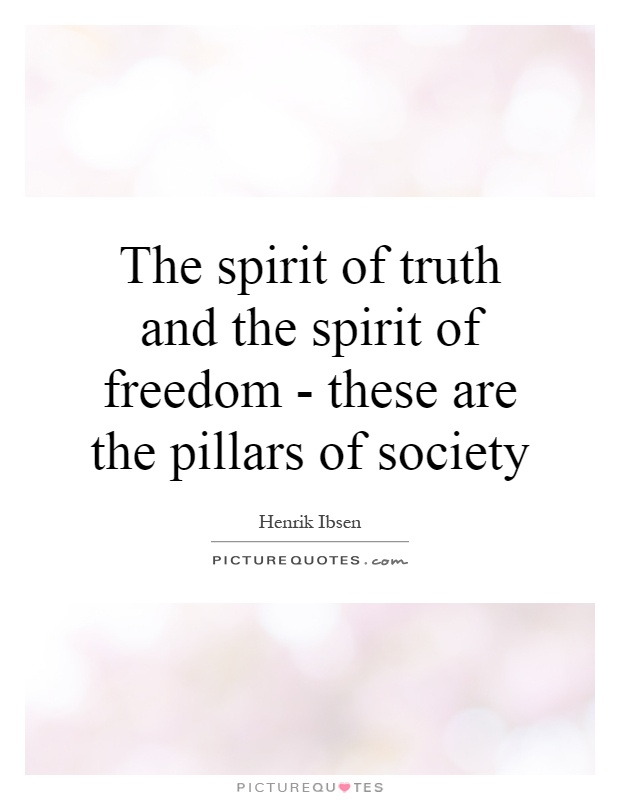
The spirit of truth and the spirit of freedom - these are the pillars of society
Henrik Ibsen, the renowned Norwegian playwright, is often considered a pioneer of modern drama and a master of social commentary. Throughout his works, Ibsen delves into the complexities of human nature and society, often challenging conventional norms and beliefs. One of the recurring themes in his plays is the importance of truth and freedom in shaping a just and equitable society.In Ibsen's works, the characters often grapple with the consequences of living in a society that values conformity over individuality. The spirit of truth, as portrayed by Ibsen, is the willingness to confront uncomfortable realities and challenge the status quo. Characters like Nora in "A Doll's House" and Hedda in "Hedda Gabler" are forced to confront the lies and illusions that have governed their lives, ultimately leading to a reckoning with the truth.
Similarly, the spirit of freedom in Ibsen's works represents the desire for autonomy and self-determination. Characters like Peer Gynt in "Peer Gynt" and Rosmer in "Rosmersholm" struggle to break free from societal expectations and forge their own paths. Ibsen's exploration of freedom extends beyond individual autonomy to encompass broader social and political freedoms, such as the right to speak one's mind and challenge authority.
For Ibsen, the spirit of truth and freedom are the pillars of society because they are essential for fostering a culture of honesty, integrity, and progress. Without truth, society is built on a foundation of lies and deceit, leading to corruption and moral decay. Without freedom, individuals are oppressed and stifled, unable to reach their full potential or contribute to the greater good.


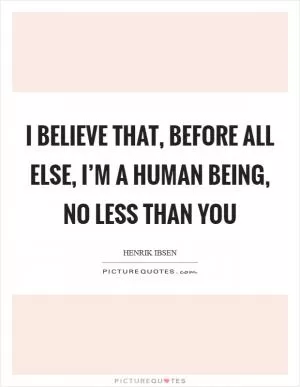
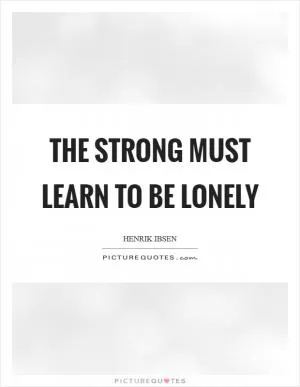
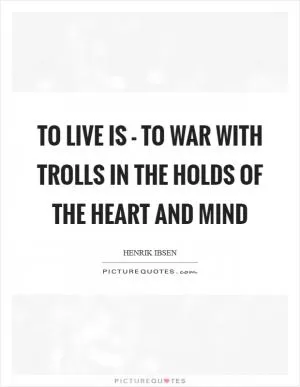
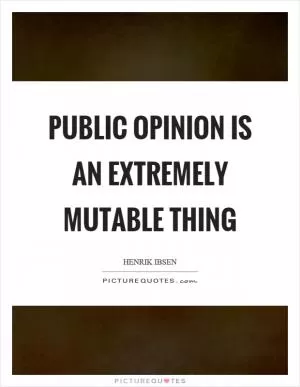


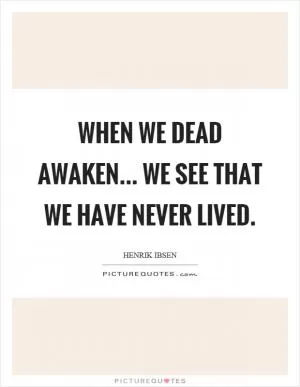



 Friendship Quotes
Friendship Quotes Love Quotes
Love Quotes Life Quotes
Life Quotes Funny Quotes
Funny Quotes Motivational Quotes
Motivational Quotes Inspirational Quotes
Inspirational Quotes